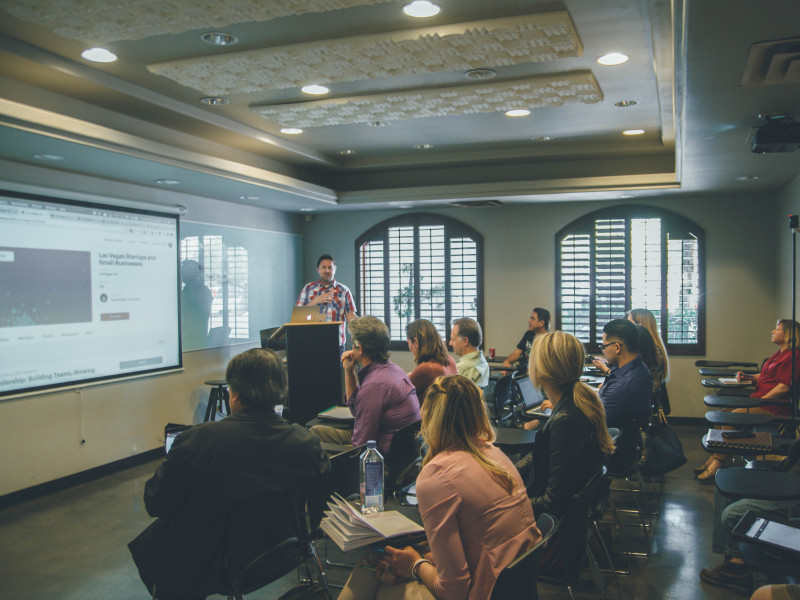Treatment providers can learn about our services and how to engage with us here. You can contact us to talk about how we can help with your patients.
Helping get answers for your patients
Every year, between 100,000 and 200,000 patients across Aotearoa receive an adverse decision from ACC. The implications of these vary significantly from life-changing decisions on cover for treatment injury or asbestosis to decisions on the number of home and community support services, but they all have one thing in common. The person asked for some help and this was declined. This can be a stressful and isolating experience. We also know that disputes and the associated stress and loss of support from ACC can significantly impact patients' rehabilitation.
Our experience shows that if we can resolve the dispute promptly (even if it is not in the patient's favour but they understand and accept the decision), we can have a positive impact on a patient's experience and their rehabilitation. We've designed a system where we can advocate for the patient and use a consensus-based process to meet with ACC to resolve the dispute. It allows for prompt resolution and for people to focus on what is important rather than the "fight with ACC" that the disputes can become.
We are working with stakeholders to pilot an independent medical evidence process to help speed up the process caused by delays in accessing medical evidence. To help with this, your patients may ask for you to send their information through to us.
If you need any further information or to talk to us about your patient's case, please call us on 0800 222 022 and we will answer any questions and help you send information through to us.
We encourage you to get in touch with us to discuss any concerns you may have as we work together towards improving the resolution capacity and capability system-wide.
Pathways to Resolution
Contact and connecting stage
First things first – before we start doing anything we talk to people about the options that are available to them. We call this service "Pathways to Resolution".
This service aims to empower people to make choices about how they would like to resolve their disputes. It involves a 20 to 30 minute phone call or online meeting with your patient where they can tell us what the problem is. We will talk to them about whether we can help, and if not, whether we can connect them to organisations who can assist. This service is free and confidential.
The advocacy assistance stage
If your patient decides to proceed with their dispute, they can appoint us to provide advocacy services. We call this service "Advocacy Assistance".
Advocacy Assistance Service: This is where we advocate for your patient. They appoint us to represent them and we try to resolve the dispute with ACC using conciliation. If your patient appoints us as an advocate, we will contact you and ask for some key information to be provided.
This request will often include:
Notes or records from relevant treatment
Any forms or requests that have been completed (ie, ACC45, ACC32, ACC18, ARTP)
Any diagnostic imaging (for example X-Rays, MRI scans, ultrasound scans)
Any operation notes or communication with specialists.
We will provide you with consent from your patient and ask you to send this information to us quickly so we can help your patient resolve the dispute at conciliation.
Expert Evidence Process
Eligible clients from our Advocacy Service may be able to use the Expert Evidence Process to obtain an independent opinion from a medical specialist about the issues in their case. This will be piloted in the second quarter of 2024 for patients who meet the criteria for inclusion.
If the conciliation process does not result in resolution, then the dispute will continue on to the more formal review process. We estimate that the dispute will proceed to review hearing in around 10% and 15% of cases.
